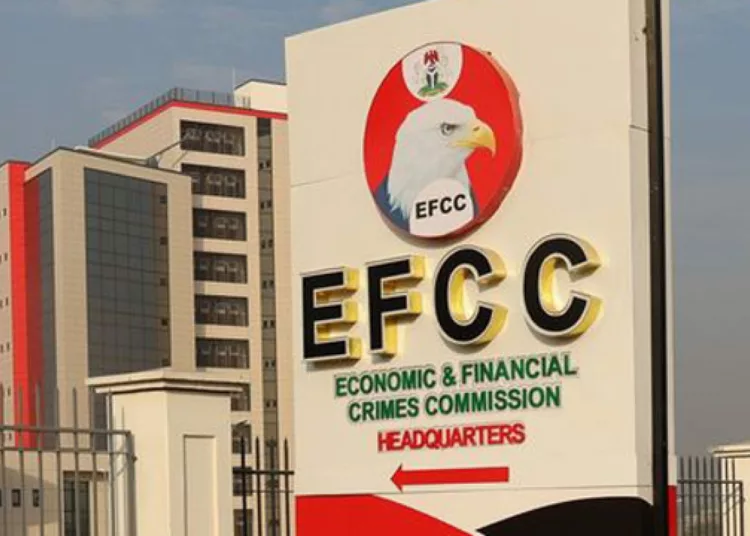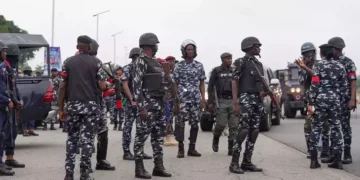Economic and Financial Crimes Commission (EFCC) has unveiled its integrity club and zero tolerance club manual for secondary school pupils in the country.
At the unveiling ceremony of the club at Model Secondary School, Maitama, Abuja, Vice President Yemi Osinbanjo said there was no better place to unveil such programme aimed at curbing corruption from earlier stage, than the secondary schools and commended the EFCC for the perfect choice school.
The vice president also stated that integrity pays and there was need for every public offices who steals public funds to understand that one day the long arms of the law will catch up with them.
He also charged EFCC to continue to build the anti-graft army which they have started by making sure that the integrity club is established around the schools in Nigeria.
Also, the chairman of the EFCC, Abdulrasheed Bawa said: “the choice of school children and youths as torch-bearers in this important crusade is informed by the fact that they are not only vulnerable to the effects of economic and financial crimes but retain the potential of breaking with the past years of decadence, to deliver the much-cherished destiny of our nation as a corrupt-free society.
“Consequently, we have designed programmes and activities aimed at nurturing a culture of integrity in the formative years of this young population. Two of such programmes are the EFCC Integrity Club for primary and secondary schools and the Zero Tolerance Club for tertiary institutions. The Clubs are designed not only to improve children and youth understanding and sensitivity to the issues of economic and financial crimes but as a deliberate intervention to imbue them with values which underpin integrity, honesty, transparency and accountability: to influence their behavior and character formation.”
On the establishment of the club, the EFCC chairman said, “the EFCC Establishment Act, 2004 empowers the commission to take measures to prevent economic and financial crimes.
“This mandate aligns with the United Nations Convention against Corruption, UNCAC and is accorded prominence in the commission’s 2021-2025 strategic a, which makes ‘increased public engagement one of its five strategic objectives.’ Over the years, the commission’s prevention strategy has targeted various demographics but the most critical for us has been children in primary and secondary school students as well as youths in tertiary institutions.
“This partnership is one which we hope to replicate across the country. Idea phone call on all state education board the partner with the commission by mandating all the schools under their supervision to establish EFCC integrity clubs,” he said.
We’ve got the edge. Get real-time reports, breaking scoops, and exclusive angles delivered straight to your phone. Don’t settle for stale news. Join LEADERSHIP NEWS on WhatsApp for 24/7 updates →
Join Our WhatsApp Channel










